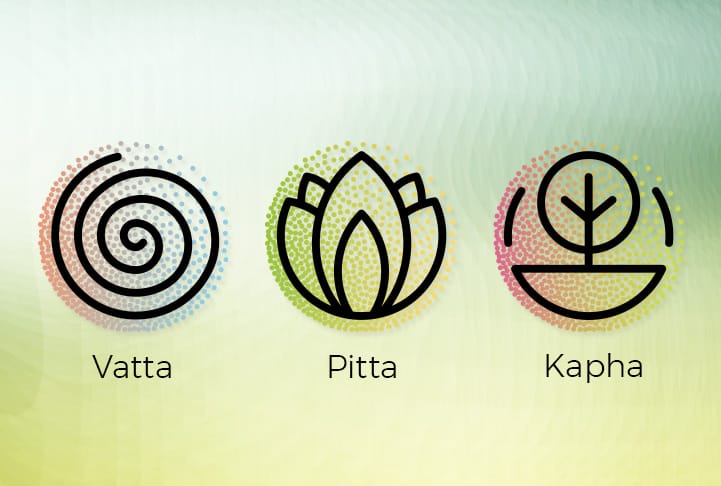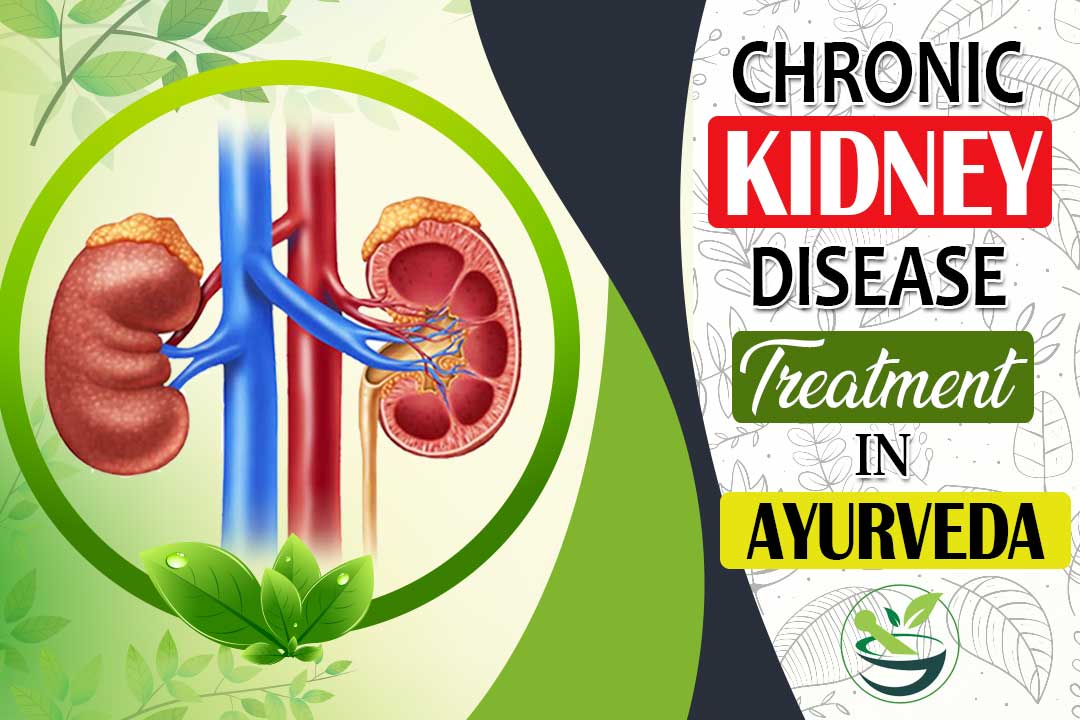Ayurveda is India’s ancient medical science and has been practised for ages. Lessons of life that would lead to a healthy life can be used to manage health ailments are taught by Ayurveda. A balance between mind, body, and spirit guides to good health is the principle used by Ayurveda. Although it originated in India, it is now practised across the globe today.
Ayurveda is a branch of medicine that is holistic. Holistic means considered as a whole rather than a collection of parts. It considers the human body a whole, not a collection of organs and organ systems. It aims to find out the root cause of the disease and then work on it. Ayurveda prescribes a tailor-made treatment plan for every disease. It does not share generalised advice for every patient producing similar symptoms. The treatment is based on the symptoms and cause of the disease along with the factors like the conditions of the mind and body.
Ayurvedic science says that there are three doshas and body types. These are known as Vata, Pitta, and Kapha. It says we will find disease symptoms whenever these three are not in harmony. A person with unbalanced doshas will show some physical or emotional characteristics. These are attributed to that dominant element. Ayurveda also describes the role of diet and yoga in the alignment of doshas.

Ayurveda states that srotas are responsible for liquid flow in and out of the kidneys. Whenever there is a blockage of body channels, srotas; kidney related diseases are seen. Ayurvedic kidney treatment has always helped treat kidney diseases. It eliminates kidney problems and restores normal function by repairing damaged kidney cells.
Ayurveda believes that humans are a part of the environment they are living in. Thus nature can help us to eradicate diseases. It, therefore, uses herbal preparations to cure the disease. It also tries to restore the normal functioning of the kidneys.
Ayurveda offers treatment for all stages of kidney-related problems.
Ayurveda suggests a specific line of treatment for the management of Chronic Kidney Disease. Although, it is also a fact that the remedy suggested is person specific. It varies according to the stage and state of the patient. The recommended therapies for kidney patients are:
- Virechana
- Swedana
- Mutrapravartaka
- Raktaprasadaka
- Agni deepen
- Sarva dhathu poshaka
Ayurveda also suggests strict pathya-apathyas (compatibles-incompatibles) too. These are certain food combinations that are not suggested as per ayurvedic principles. These are found to create harmful effects on the human body if consumed. Regenerative medicines, Rasayana Chikitsa, are found to help regenerate nephrons.

Ayurveda provides a list of medicines that are found beneficial for kidney problems. These are Punarnava, Varun, Kasni, Palaash, Gokshur etc. These herbs can be used alone or in combination with other medicines to treat kidney problems. Each of these medicines has different functions and medicinal properties. A few medicines that are found beneficial for kidney patients, with their effects are:
1. Punarnava
Punarnava is scientifically known as BoerhaviaDiffusa. It has diuretic and anti-inflammatory properties. Due to this, it is found helpful in reducing the risk of inflammatory kidney diseases. It also maintains a healthy fluid balance by maintaining urine outflow. Increasing the urine outflow minimises the accumulation of fluids in the body. It thus helps to treat swelling or oedema of feet and joints.
2. Varun
It is another powerful ayurvedic medicine. It is a famous diuretic Ayurvedic herb. It also has blood-purifying properties and helps to maintain homeostasis too.
Varun is found helpful in improving urinary functions and strengthening the prostate gland. It also reduces the accumulation of oxalates. Thus, it is found beneficial to treat the problem of stone formation in the kidneys. It also helps prevent intestinal bleeding, worms, and chronic migraines.
3. Kaasni
Kasani or Chicory is a well-known coffee substitute. It has various nutritional properties. It treats kidney and liver disorders, manages constipation, etc.
It also has anti-inflammatory action. Thus, this also prevents and provides relief from kidney inflammation.
Kasni is also found to have amazing effects on respiratory troubles. It also supports raising low haemoglobin levels. It is also considered a miraculous medicine for creatinine treatment in Ayurveda.
4. Palaash
This is also found to have astringent, diuretic, and tonic properties. It has been used to treat kidney problems. It also supports antimicrobial and anthelminthic effects. These are used to eliminate intestinal worms and parasites. Palaash leaves also treat digestive ailments, colds and sore throats.
5. Gokshur
Gokshur is also known as Gokhru. It contains antioxidant properties. It is found helpful in reducing raised blood sugar levels. It is also used to promote women’s health. It also reduces blood pressure and inflammation. Thus, it is used to treat chronic kidney disease.
This herb has cooling effects. It also relieves inflammation and problems due to kidney stones and relieves pain. Gokshur is helpful in ayurvedic treatment for kidney infection and enhances immunity.
The herbs mentioned above are for informative purposes only. Always seek the advice of your physician.


I have slightly raised protein i. Urine
Thank you sneh for your valuable comment and sharing your story. You can share your report on whatsapp or call at 9810196196.